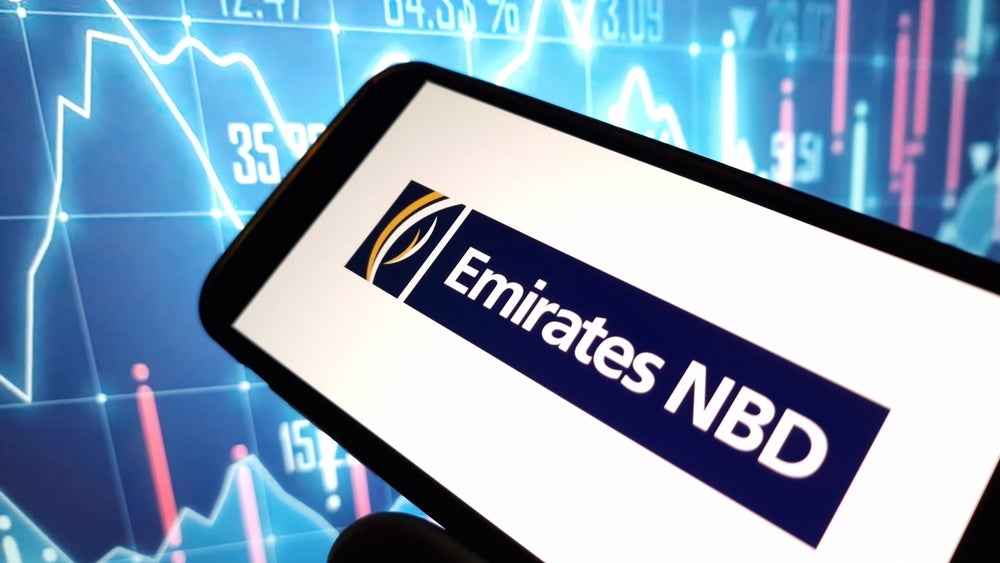
Impact Investing is investments in companies and organisations which seek to produce a positive social and environmental impact as well as generating a financial return. There are many types of impact investing funds which influence many different sectors in both developed and emerging markets.
There are factors that are applied to impact investing funds. Primarily these incorporate environmental, social and governance (ESG) factors. For private banking many portfolios have started to involve these factors into their investment plans.
Merrill Lynch and Merrill Edge are amongst private banks to involve impact investing funds in their portfolios. In May Merrill Lynch and Merrill Edge unveiled five new CIO Core Impact Portfolio’s designed by the Global Wealth and Investment Management (GWIM) Chief Investment Office and was made available to investors for a minimum of $5,000.
It has also been revealed by British banking group Barclays that millennials in the UK are four times more likely to make impact investment funds in sustainable portfolios compared to older peers. Of the 2,000 investors polled in the UK, 43% below the age of 40 were found to have made an impact investment during their lifetime.
Impact investing is a small but vibrant segment of the broader sustainable and responsible investing universe and in all the markets studied by the GSIA, which defines impact investing as targeted investments aimed at solving social and environmental problems.
An example of impact investing funds is community investing – this is where capital is directed to traditionally undeserved individuals or communities and even finance that is provided to businesses with an explicit social or environmental purpose.
Investors who are involved with community investing may sometimes not expect a return just as long as their investments are making a positive social impact and some investors may see community investing as an opportunity for financial returns.
Another factor banks may consider when looking at impact investing funds is catalytic investing, as well as responsible investing and sustainable investing, (which considers themes such as climate change and population ageing).
There is no doubt that impact investing funds are on the rise, especially amongst the next generation of clients who in turn will influence their parents. Banks and wealth managers will need to cater their portfolios to involve impact investing funds in order to fully exploit the growth potential of this market.







